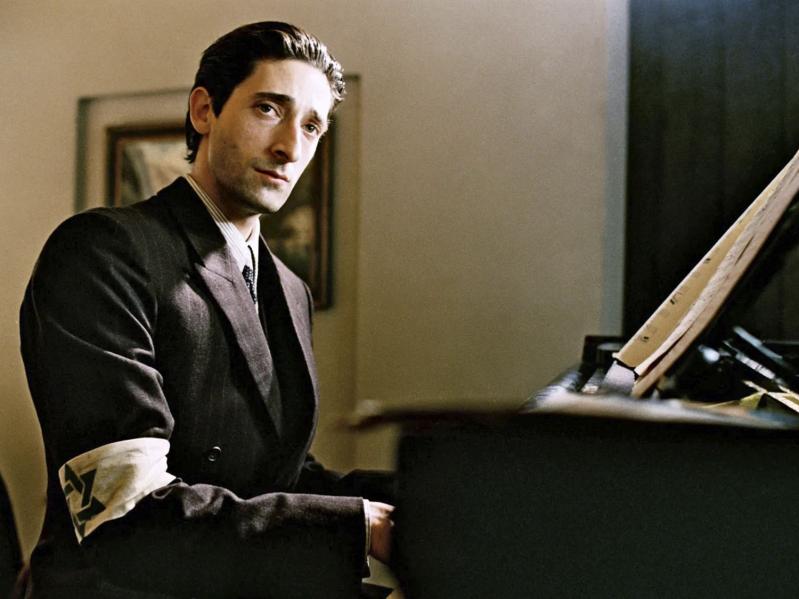The Sag Harbor Cinema will begin an eight-week tribute to Rialto Pictures next week with screenings on Wednesday afternoons of films by such illustrious directors as Jules Dassin, Jean Renoir, Carol Reed, and Jean-Luc Godard. Rialto, founded by Bruce Goldstein, the artistic director of repertory at New York’s Film Forum, and Adrienne Halpern, is a leading theatrical distributor of classic foreign and American films,
“Bruce and Adrienne’s impeccable taste and passion for film have made Rialto an indispensable resource for independent and art house cinemas like ours,” said Giulia D’Agnolo Vallan, the cinema’s artistic director. “It is because of Rialto that we have access to mint 35mm prints and 4K restorations of many renowned classics, as well as great films that needed to be rediscovered.”
The series will kick off Wednesday with Dassin’s 1955 thriller “Rififi,” a suspenseful heist film that earned the filmmaker the Best Director prize at the Cannes Film Festival. Kenneth Turan of The Los Angeles Times called it “one of the great crime thrillers, the benchmark all succeeding heist films have been measured against, it’s no musty museum piece but a driving, compelling piece of work.”

“The Tales of Hoffmann” (1951), directed by Michael Powell and Emeric Pressburger, is based on the 1881 opera by Jacques Offenbach. An anthology of fantastic and romantic adventures recounted by Hoffmann (Robert Rounseville), the film has been singled out as an important influence on their work by both Martin Scorsese and George A. Romero.
“The Pianist” (2002), directed by Roman Polanski, stars Adrien Brody as a celebrated composer and pianist who plays the last live music heard over Polish radio before Nazi artillery hits. During the brutal occupation, he evades deportation, struggling to stay alive in the devastated Warsaw Ghetto. The film won the Palme d’Or at Cannes and three Oscars, including best director, best actor, and best adapted screenplay.
Reed’s “The Third Man” (1949) is a film noir classic written by Graham Greene and starring Joseph Cotten, Orson Welles, Alida Valli, and Trevor Howard. Set in a bombed-out postwar Vienna, the film follows Holly Martin (Cotten), a writer, who has come to the city at the invitation of his friend Harry Lime (Welles), only to find him dead. His efforts to unravel the mystery culminate in a chase scene in the city’s sewers that is one of the most famous in the history of film.
Renoir is represented by “The Crime of Monsieur Lange” (1936), set in a French publishing house. When Batala, the boss, gives his creditors the slip by pretending to be dead, Lange and his co-workers take over the business themselves and thrive on the popularity of Lange’s pulp stories until Batala returns to demand his share of the profits.
John Schlesinger’s “Billy Liar” (1963) stars Tom Courtenay as an aspiring but irresponsible comedy writer whose emotionally immature decisions alienate his friends, family, and two fiancées. When his old flame Liz (Julie Christie) appears, the consequences of his decisions come crashing down.
“The Grand Illusion” is Renoir’s 1937 French war drama that concerns class relationships among a group of French soldiers who are being held in a World War I German prison camp. Mick LaSalle of The San Francisco Chronicle called it “the greatest World War I movie ever made (and there were lots of good ones).”
Godard’s “A Woman Is a Woman” (1961) is an experimental romantic musical comedy-drama about a stripper (Anna Karina) who wants to have a child but finds her boyfriend (Jean-Claude Brialy) unwilling to oblige. She decides to ask his best friend (Jean-Paul Belmondo) instead. According to Bilge Ebiri of New York Magazine, “It’s a fantasy, a comedy, a musical, and a tragedy all at once.”
The series will run through April 16.




